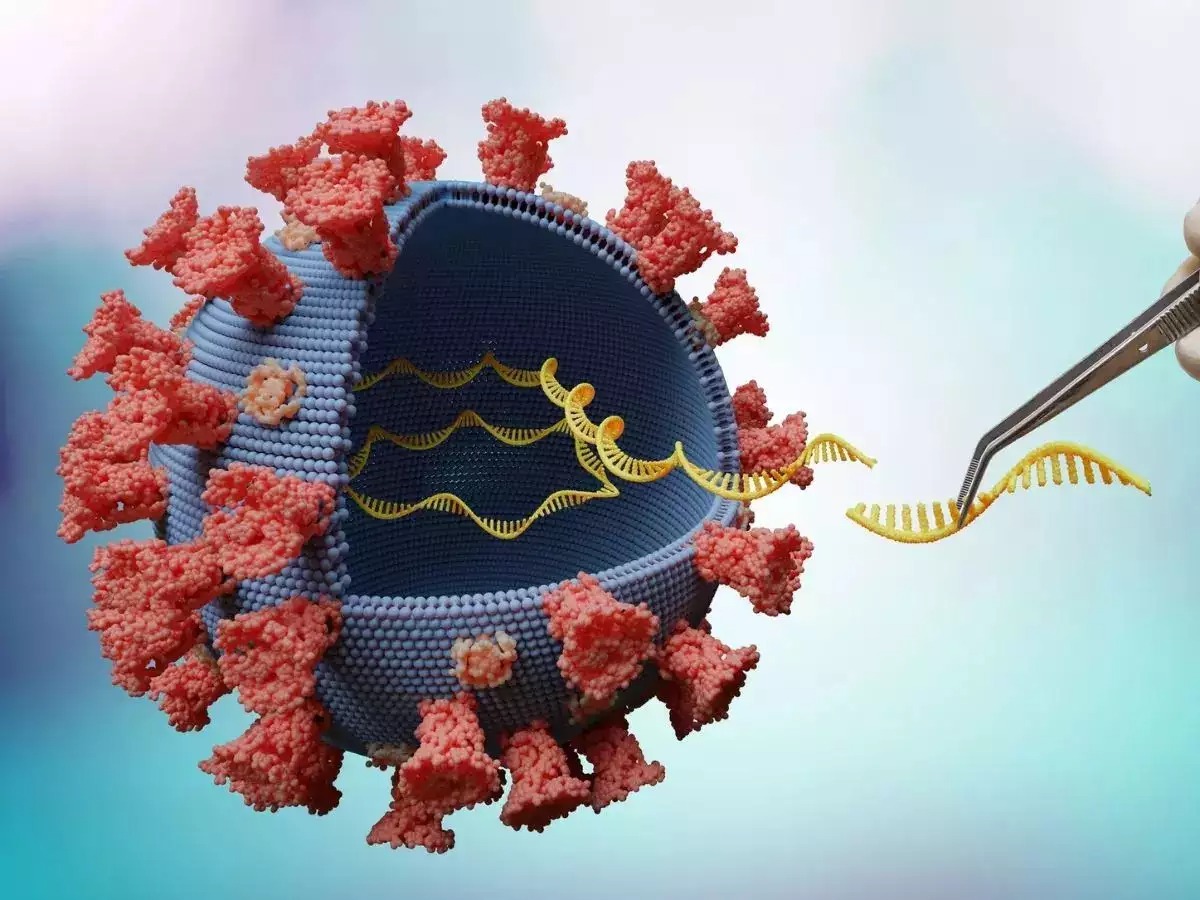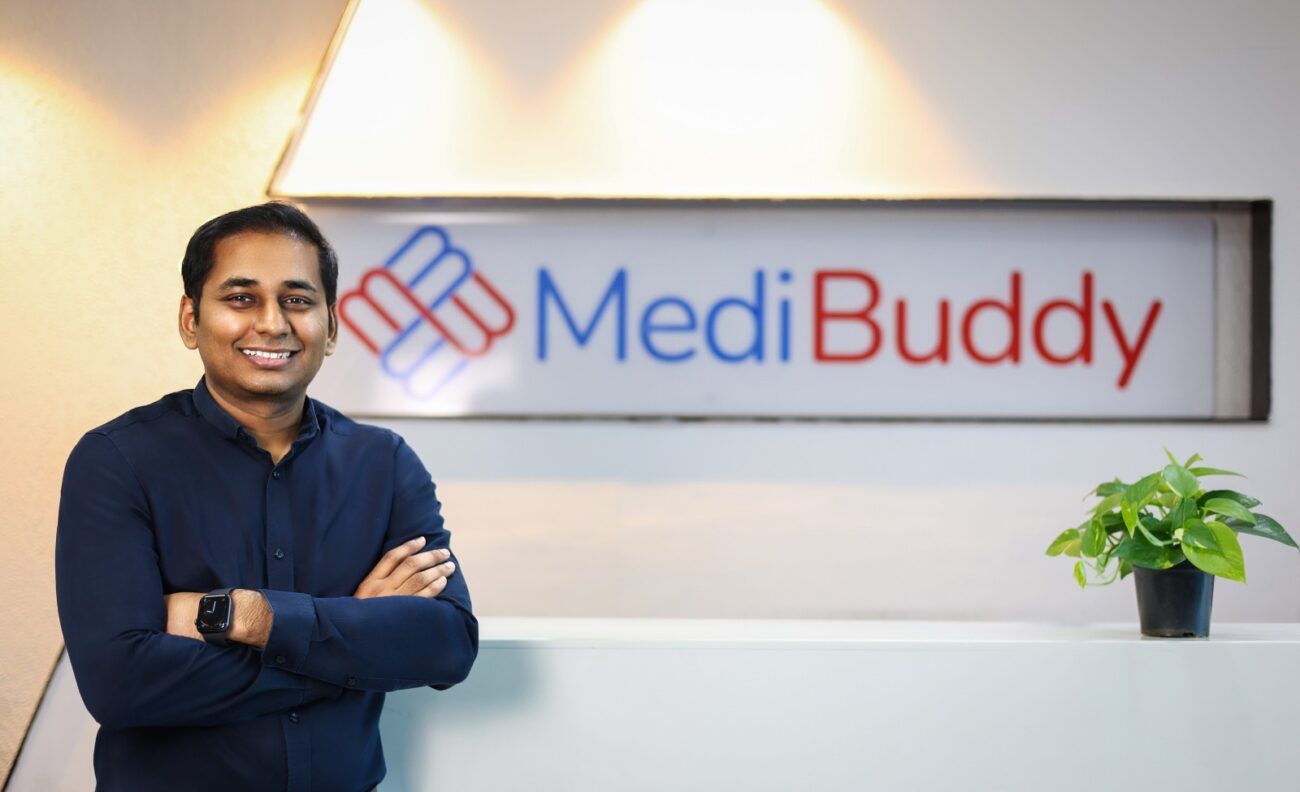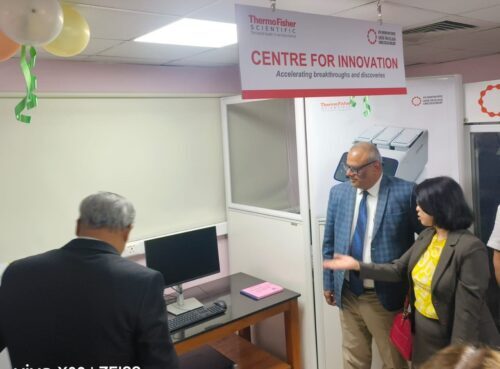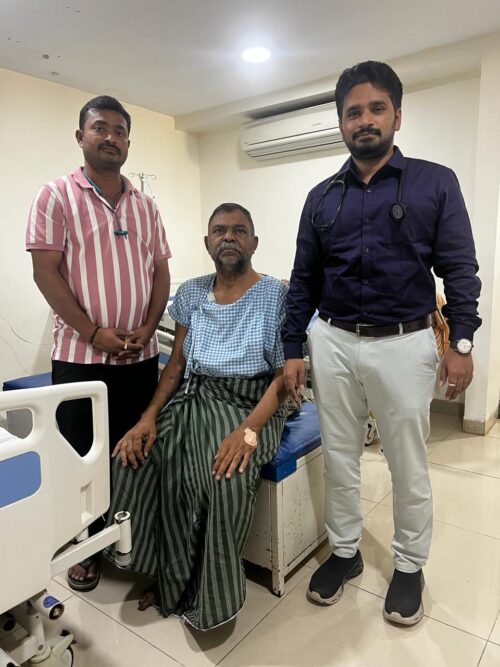Early Detection and Accurate Diagnosis crucial to make India TB Free by 2025 – HaystackAnalytics Insights
A staggering 65% of the Tuberculosis cases in India are in the 15-45 age group Mortality numbers due to Tuberculosis in India are more than other South Asian neighbours a Mumbai based health-tech startup, supported by the

A staggering 65% of the Tuberculosis cases in India are in the 15-45 age group
Mortality numbers due to Tuberculosis in India are more than other South Asian neighbours
a Mumbai based health-tech startup, supported by the Department of Science & Technology, Govt of India, healthcare veterans like Dr Velumani, and private players such as GE Healthcare and Intel India Startup Program, reported an alarming 49% increase in the number of TB infections across the country, which largely remain undiagnosed. This indicates the growing need for awareness about the disease amongst people and an urgent need to ramp up accurate diagnostic services in the country.
The World Health Organization (WHO) estimates approximately 4.1 million people across the world currently suffer from tuberculosis, but these cases continue to remain undiagnosed and unreported. A total of 1.5 million people died from TB in 2020, making it the 13th leading cause of death worldwide and the second leading infectious killer only after Covid-19.
While India is on a mission to become TB free by 2025, the report by HaystackAnalytics indicates that the country continues to bear the largest share of Tuberculosis cases in the world, with 65 % of the cases being reported in the most economically productive population segment of 15-45. Not only can this have a detrimental impact on the economy, the situation can aggravate considerably, if not addressed in due time.
In the report, HaystackAnalytics highlights the reasons contributing to the rise and spread of TB in the country and advocates for the adoption of appropriate diagnostic measures to mitigate the impact as India continues to work towards the eradication of the disease.
- India has the highest number of unreported tuberculosis cases in the world
In 2020 a total of 18.12 lakh cases of tuberculosis were notified, which was 25% less than the total 24 lakh cases notified in 2019. The major reasons for the non-reporting and diagnosis of the cases were lack of access to TB services and limitations in resources. Disruption in access to TB services and the diversion of healthcare staff and services towards Covid management over the past two years have also significantly contributed to the growing number of ‘missing’ cases. - A high incidence of MDR TB has been found in India
While the world is effectively treating drug-susceptible forms of TB, the community transmission of drug-resistant forms of TB can snowball into a difficult to treat epidemic. The WHO estimates that globally only two of every three patients with MDR TB are diagnosed, three in every four of the diagnosed are treated, and only one of every two of the treated patients are cured, resulting in 75% of the incident cases persisting in the community, leading to active transmissions and death. Though a battery of common MDR TB tests is available, these tests fail to detect higher grade strains such as XDR TB, highlighting concerns about their efficacy and treatment options. - Limitations of DST
The Universal Drug Susceptibility Test (DST) has been given paramount importance as part of India’s National TB Elimination Program. However, it is an extremely resource-intensive and highly biohazardous process involving multiple cultures of highly drug-resistant isolates. The scalability of these tests continues to remain a concern, causing the undiagnosed mortality rates to skyrocket. - Why Whole Genome Sequencing (WGS) is the need of the hour
Given the situation, it is imperative to start working towards solving the problem at the core to ensure accurate and timely diagnosis and scalable treatment options for patients. Whole Genome Sequencing (WGS) can emerge as the revolutionary one stop solution for the diagnosis and treatment of tuberculosis in India. The WGS technique can determine the entirety of an organisms’ DNA in a cost-effective way through a single comprehensive test by enabling an ‘all-in-one’ approach that provides epidemiological data and comprehensive information on diagnostic background and expected sensitivity of the strains. Currently, scaled platforms of WGS are already significantly less cost-intensive than culture DST. Further, these platforms provide unprecedented asset utilization, wherein each installation can perform >600,000 tests per year. Tentatively, 10 such installations can cover the testing of the entire caseload in the country. - Expanding the scope for WGS Testing in India
While the use of Whole Genome Sequencing (WGS) for the treatment of tuberculosis has been deployed in countries such as the UK, Spain, & Italy, India has recently called out at a policy level to use WGS for the diagnosis of tuberculosis cases. HaystackAnalytics has partnered with various diagnostic centres such as Thyrocare, Metropolis, Unipath, Anderson, Sterling Accuris, Apollo Hospitals and over 20+ hospitals including AIIMS, to introduce their Sequencing based game-changing TB test which is being used for accurate diagnosis of tuberculosis in India.
Commenting on the need to ensure accurate and timely diagnosis of Tuberculosis, Dr Anirvan Chatterjee, Co-Founder and CEO of HaystackAnalytics, said, “At HaystackAnalytics we aim at innovating and enabling technologies that bridge the gaps and challenges in the current diagnostics ecosystem. Genomics is changing the face of healthcare in therapy areas such as Oncology, Tuberculosis and Infectious Diseases as the technology of WGS have given breakthrough solutions in identifying the right pathogens and helping in the timely diagnosis of the disease. By harnessing the power of next-gen Medtech like genome sequencing, with the government and fraternity’s support, we pledge to contribute in helping to achieve a TB Free India by 2025 with On this World TB Day.”
In a country like India, it is estimated that the scaled platforms of WGS are a significantly less cost-intensive solution and 10 such installations would be able to cover the testing of the entire caseload in the country.
Source: India TB Report 2021






